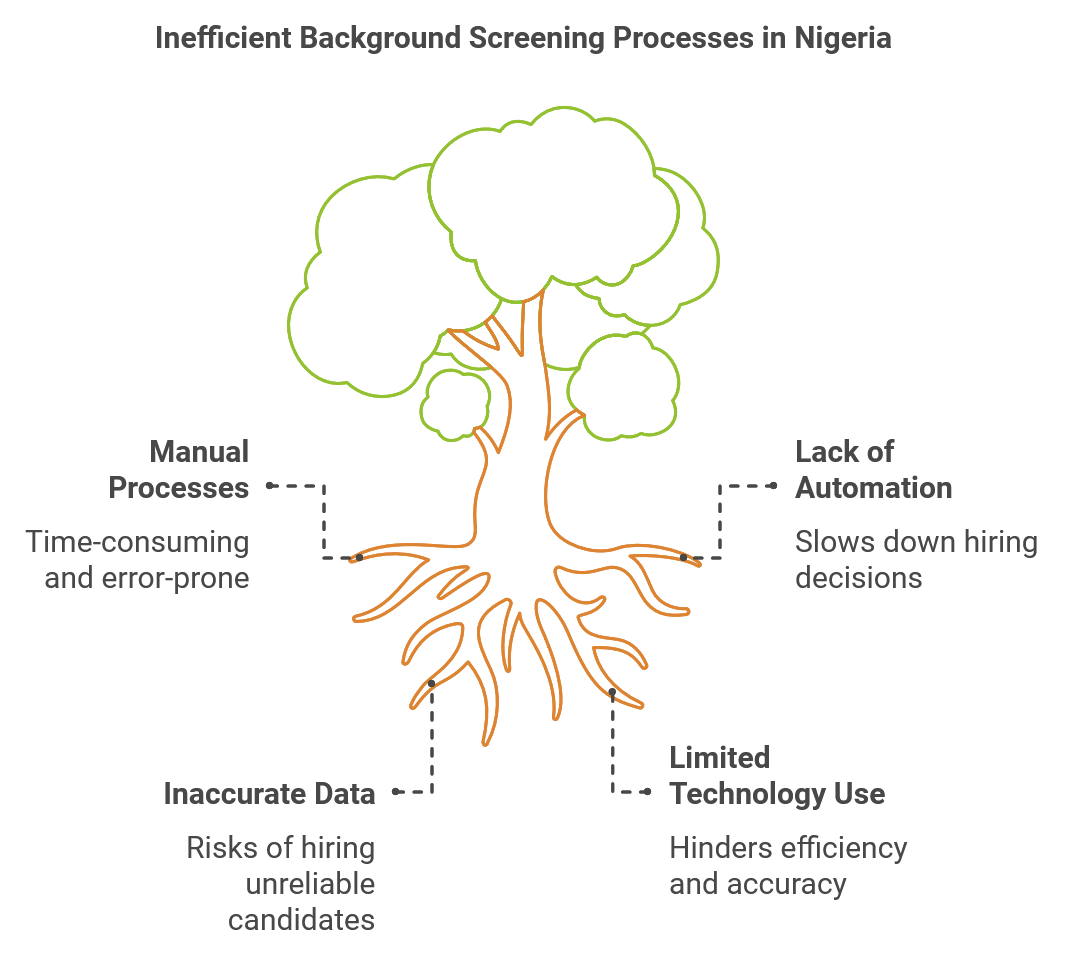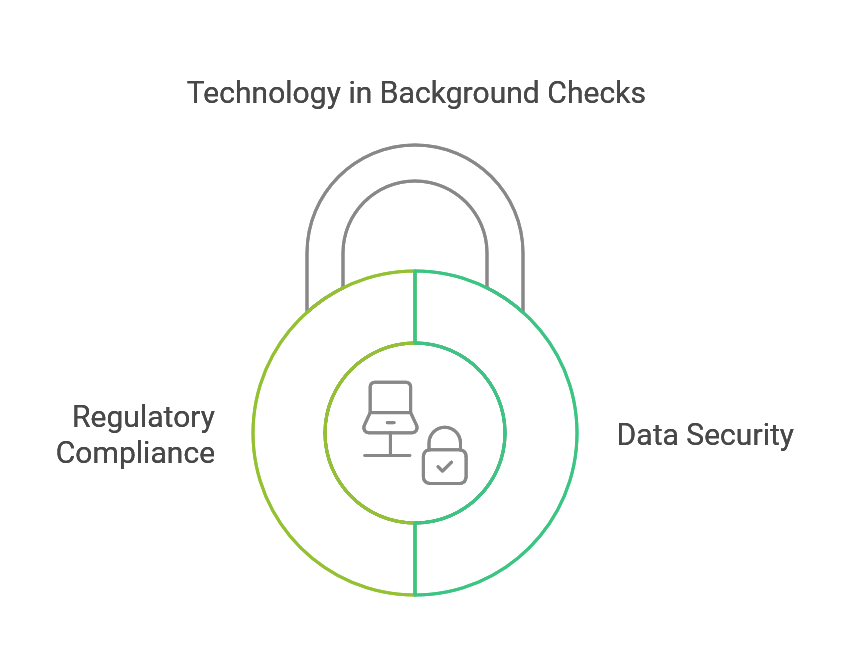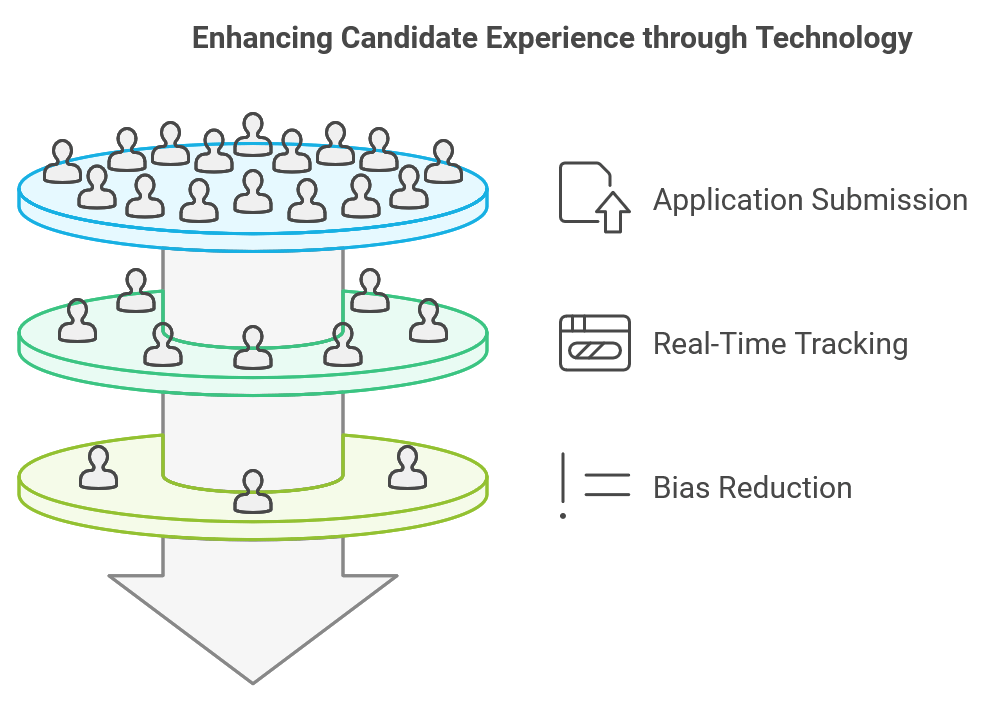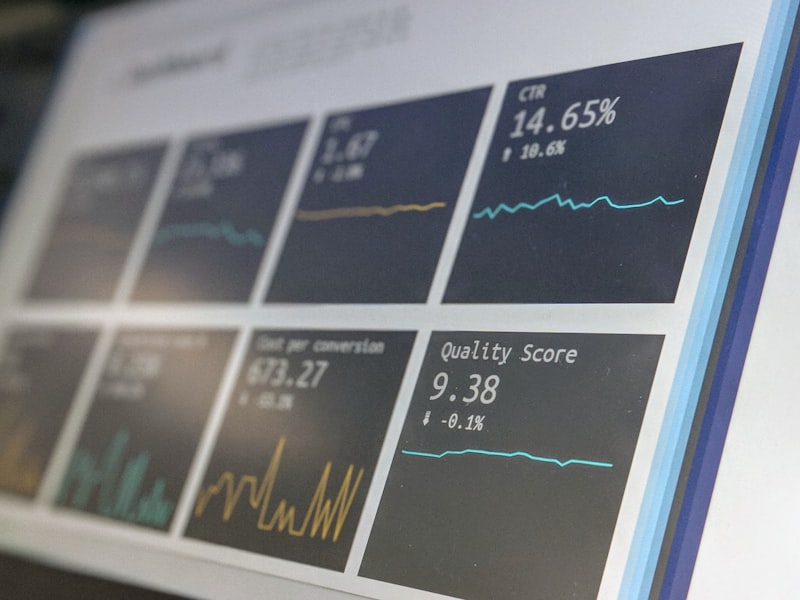Data-Driven Risk Management: The Future is Here
The era of reactive risk management waiting for a crisis to occur before formulating a response is officially over.
Read MoreJuly 26, 2024
Technology has revolutionized the way businesses operate, and background screening is no exception. In Nigeria, the digital age has ushered in a new era for verifying employee credentials and histories, transforming what was once a cumbersome process into one that is streamlined and efficient. This article delves into how technology is reshaping background checks, highlighting its impact on businesses and job seekers alike.



The integration of technology into background screening processes in Nigeria is redefining how businesses approach hiring. Automation, access to comprehensive records, enhanced security, and improved candidate experience are just a few of the benefits shaping this transformation. As digital tools continue to evolve, the future of background checks promises to be even more efficient, secure, and candidate-friendly.

Security Consulting
The era of reactive risk management waiting for a crisis to occur before formulating a response is officially over.
Read More
Security Consulting
For businesses in Nigeria and across the globe, understanding and mitigating physical risks has never been more critical.
Read More
Protective Intelligence
Should ordinary citizens take up arms to defend themselves? On the surface, it seems a simple, visceral answer to a complex problem.
Read More